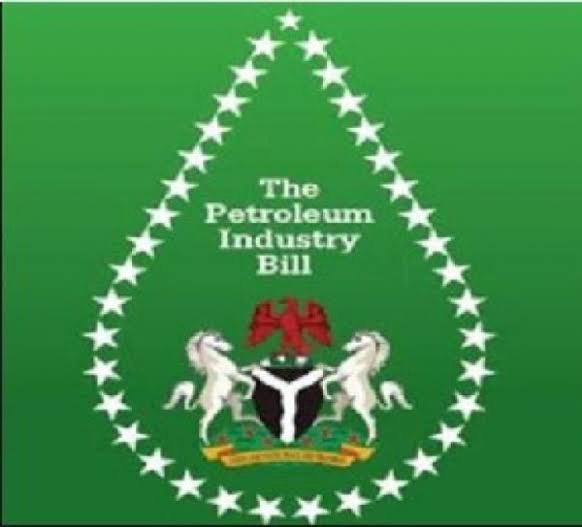The Passage of a Decent Petroleum Industry Bill will end NNPC’s Accountability Loophole – Habib Sheidu

After the Niger Delta Development Commission (NDDC) probe saga, there
are now insinuations by every Tom, Dick, and Harry over the level of
corruption and mismanagement that might be going on in the Nigerian
National Petroleum Company (NNPC). With the recent probe of contracts
in the NDDC, attention, and of course, the focus of the Nigerian
political commentators especially on social media is now on other
parastatals with NNPC in the eye of the public.
The reason for these assertions might not be far-fetched because there
have surely been many allegations of gross mismanagement of public
funds in NNPC. In 2011, an audit report by KPMG revealed the agency
couldn’t account for about 28.5 Billion dollars over deducted funds in
subsidy claims.
In 2013, a controversial letter by Sanusi Lamido to Goodluck Jonathan,
he claimed that NNPC had not remitted $49billion from crude oil sales.
International companies like Willbros and ABB Vetco Gray have
repeatedly admitted to paying bribes in millions of dollars to NNPC
officials in the past.
Nigeria is currently using the 1969 Petroleum Act, which vested the
entire ownership and control of all petroleum in, under, or upon all
land or Nigerian territorial waters in the Nigerian government.
Under the current law, NNPC controls a majority in the Nigerian oil
sector. The body, which manages the oil assets owned by the
government, negotiates terms with operators, controls the importation
of petrol into the country, handles the nationwide distribution of
these products, issues licenses, and permits, and also set policies
and regulations.
NNPC’s responsibilities are not only massive for an agency; there is a
conflict of interest because NNPC, serving as a referee who is also a
player on the pitch, has an unfair advantage over other operators, and
it also contributes to systemic corruption, to wastefulness and even
allegations of theft.
The Nigeria Natural Resource Charter (NNRC) in 2019 carried out
another Benchmarking exercise report assessing NNPC, using these
criteria; Role and Funding, Corporate governance, Transparency, and
accountability, the result for NNPC was poor, and that was a repeat of
what happened in 2017 with a slight difference.
This has shown that NNPC’s lapses have been consistent; hence, there
has to be a reform that will transform NNPC and shape Nigeria’s
petroleum industry as the industry’s success relies heavily upon NNPC.
Another interesting finding by the NNRC was that Petrobras with lower
reserves generate more revenues and 26 times more profits than NNPC
while subject to the biggest corruption investigation in its history
and paying fines or making provisions above US$10 billion on its
balance sheet and still make a profit.
In July, the Nigerian National Petroleum Company (NNPC) released its
audited financial statements its subsidiaries for 2018, noting that
its refineries recorded losses of N154 billion. Yet, no concrete steps
have been taken to offload the refineries from NNPC’s books.
NNRC noted that Petronas still makes profit despite the high level of
corruption because it’s commercially driven even though the failure of
governance and failure of accountability and transparency impacted its
management and operational efficiency.
NNRC concluded that commercial efficiency is key to the health and
sustainability of a National Oil Company.
This means that corruption is not the only problem NNPC is facing. A
good Petroleum Industry Bill (PIB) should be able to tackle this
problem with the creation of commercial institutions that will be
tasked with holding and managing the assets and interests of the
government.
The need to enact a decent Petroleum Industry Bill can never be
overemphasized, and increasing the performance of NNPC should be a
leading objective. A good PIB should restructure the Nigerian National
Petroleum Corporation (NNPC) and provide a clear path to the more
effective management of Nigeria’s state-owned oil enterprises.

